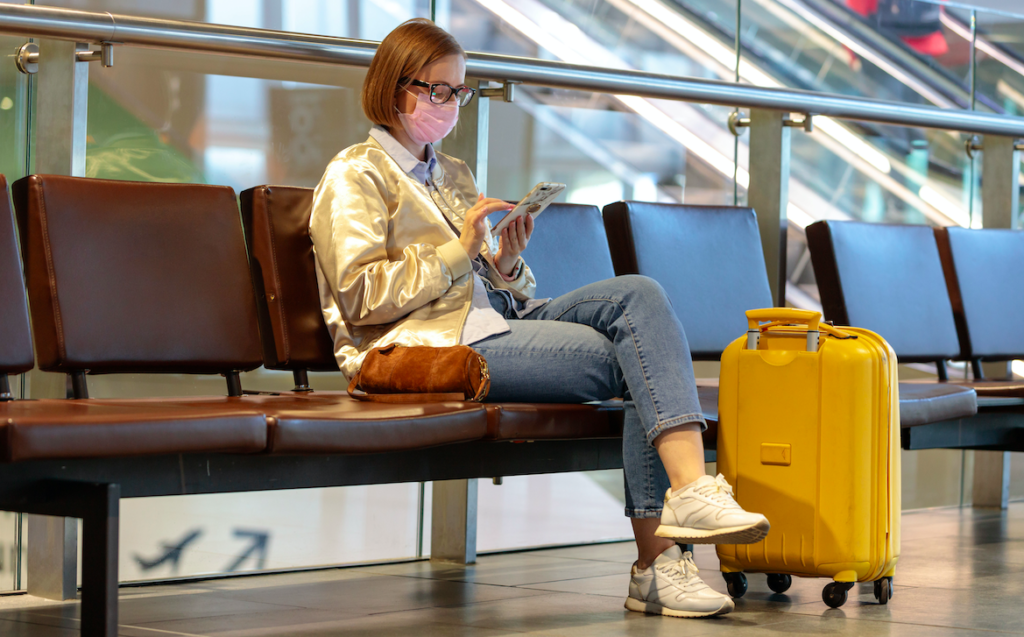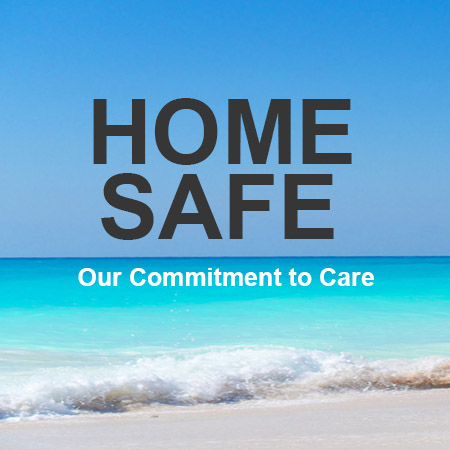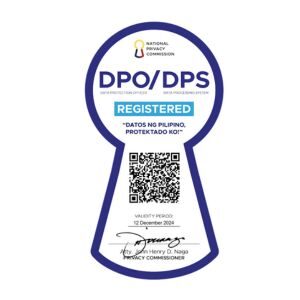
Many of us who have been in quarantine for months are itching to break free from confinement. Once travel restrictions start to ease, some will probably take the opportunity to escape to a destination where they can relax and reenergize at the same time. And whether the trip is for business or pleasure, staying safe should remain top priority for everyone who is planning to travel in the months to come.
Familiarize yourself with the health and safety guidelines
The best way to stay safe while travelling is to follow World Health Organization’s advice for public regarding COVID-19 as closely as possible.
Practice good hygiene
COVID-19 spreads through droplets of saliva or mucus, so be wary and avoid coming into close contact with people coughing and sneezing. You will also have to be mindful of what you touch in public places while travelling. Avoid touching your face, especially your eyes, nose and mouth with unsanitized hands, as bacteria and virus enter through these body parts.
Bring travel essentials
Make sure to pack these items with you for a safe and hassle-free transit: face mask or face shield, alcohol or hand sanitizer, disinfectant wipes, pen, vitamins.
Take the extra step of sanitizing your surroundings
While many transportation services have implemented enhanced sanitation protocols, there is no guarantee that every surface will get the full treatment. It won’t hurt to bring extra antibacterial wipes to clean your seat, armrest, and basically everything you will be touching during your trip.
Fight the low humidity that comes with air travel
The low humidity in airplanes can dry out your mucous membranes that’s responsible for blocking out viruses, leaving you more vulnerable to airborne infections. Make sure to drink lots of water and stay hydrated while on board.
Feeling under the weather? You might want to consider staying home
Are you exhibiting symptoms of coronavirus? If you are not sure of what to do, always follow your national health authority’s advice. Symptoms of COVID-19 vary, but mild cases frequently experience fever, cough, and fatigue. Moderate cases may have difficulty breathing or mild pneumonia. For serious symptoms, seek immediate medical attention.
Remember that we cannot always fully know who are infected, and we don’t want to risk passing it on especially to those who are more vulnerable. This is why keeping our distance from one another is crucial in slowing down the spread of the virus. So be careful and stay safe!









